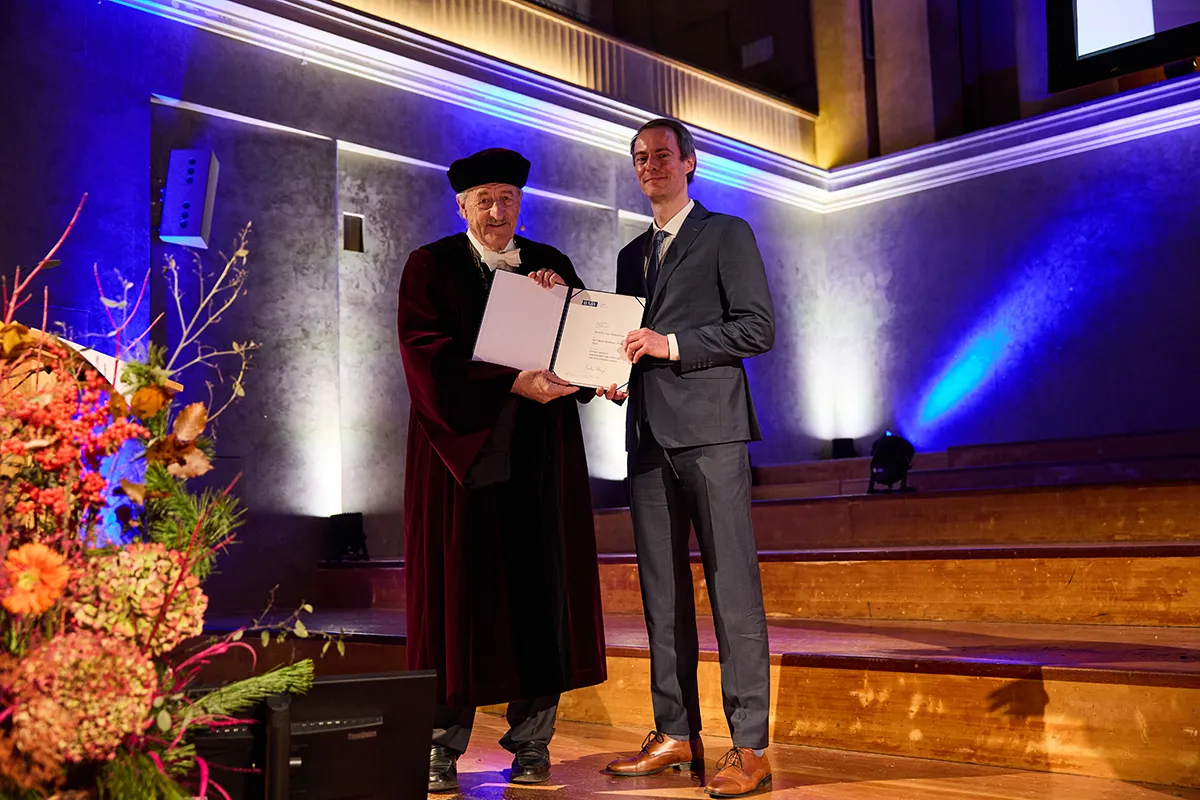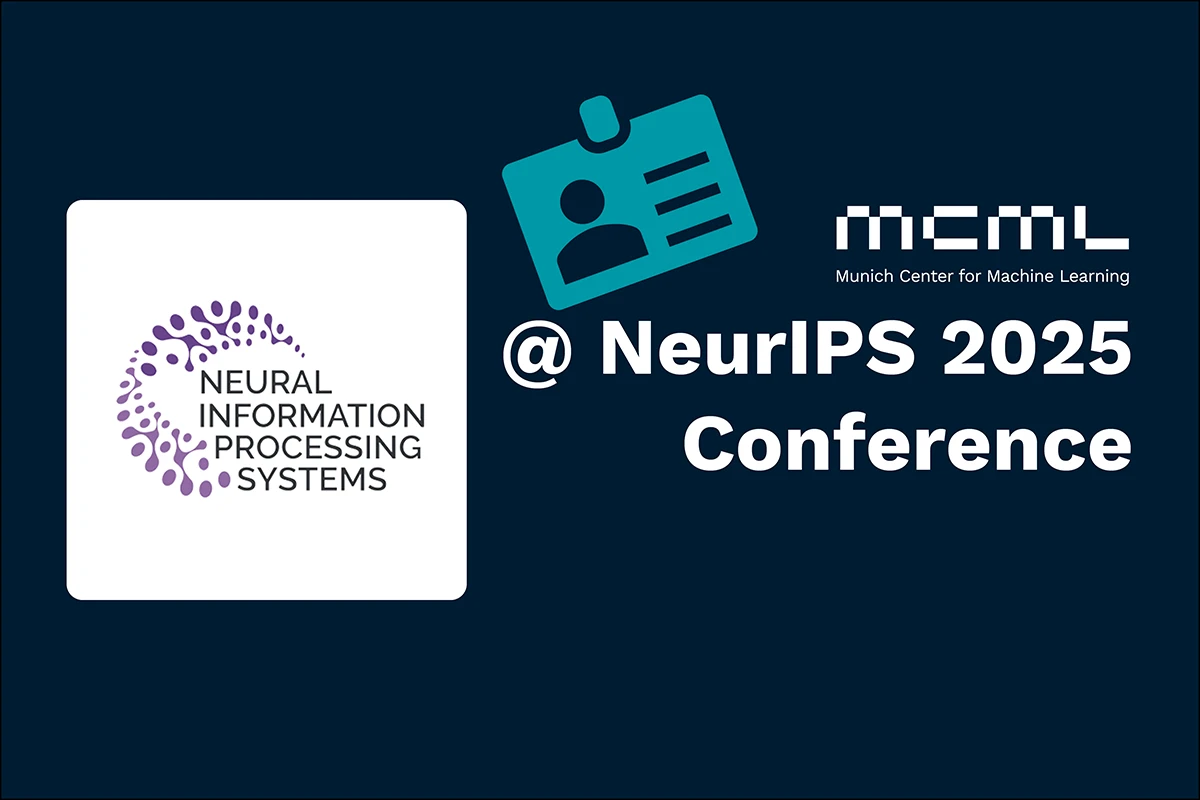Research Group Tom Sterkenburg
Tom Sterkenburg
leads the Emmy Noether Junior Research Group ‘From Bias to Knowledge: The Epistemology of Machine Learning’ at LMU Munich.
His group’s research is in the epistemological foundations of machine learning. The group uses the mathematical theory of machine learning to study epistemological questions around machine learning and its reliability, with a particular focus on the notion of inductive bias. The group also works on other topics where machine learning and the philosophy of science meet, including explanation and representation. Supported by DFG funding, the group investigates novel research directions that both complement and extend MCML’s scope while strengthening ties to the center.
Team members @MCML
PostDocs
PhD Students
Recent News @MCML
Publications @MCML
2025
Performative Validity of Recourse Explanations.
NeurIPS 2025 - 39th Conference on Neural Information Processing Systems. San Diego, CA, USA, Nov 30-Dec 07, 2025. To be published. Preprint available. URL
The Benchmarking Epistemology: Construct Validity for Evaluating Machine Learning Models.
Preprint (Oct. 2025). arXiv
2021
Decomposition of Global Feature Importance into Direct and Associative Components (DEDACT).
Preprint (Jun. 2021). arXiv
©all images: LMU | TUM




